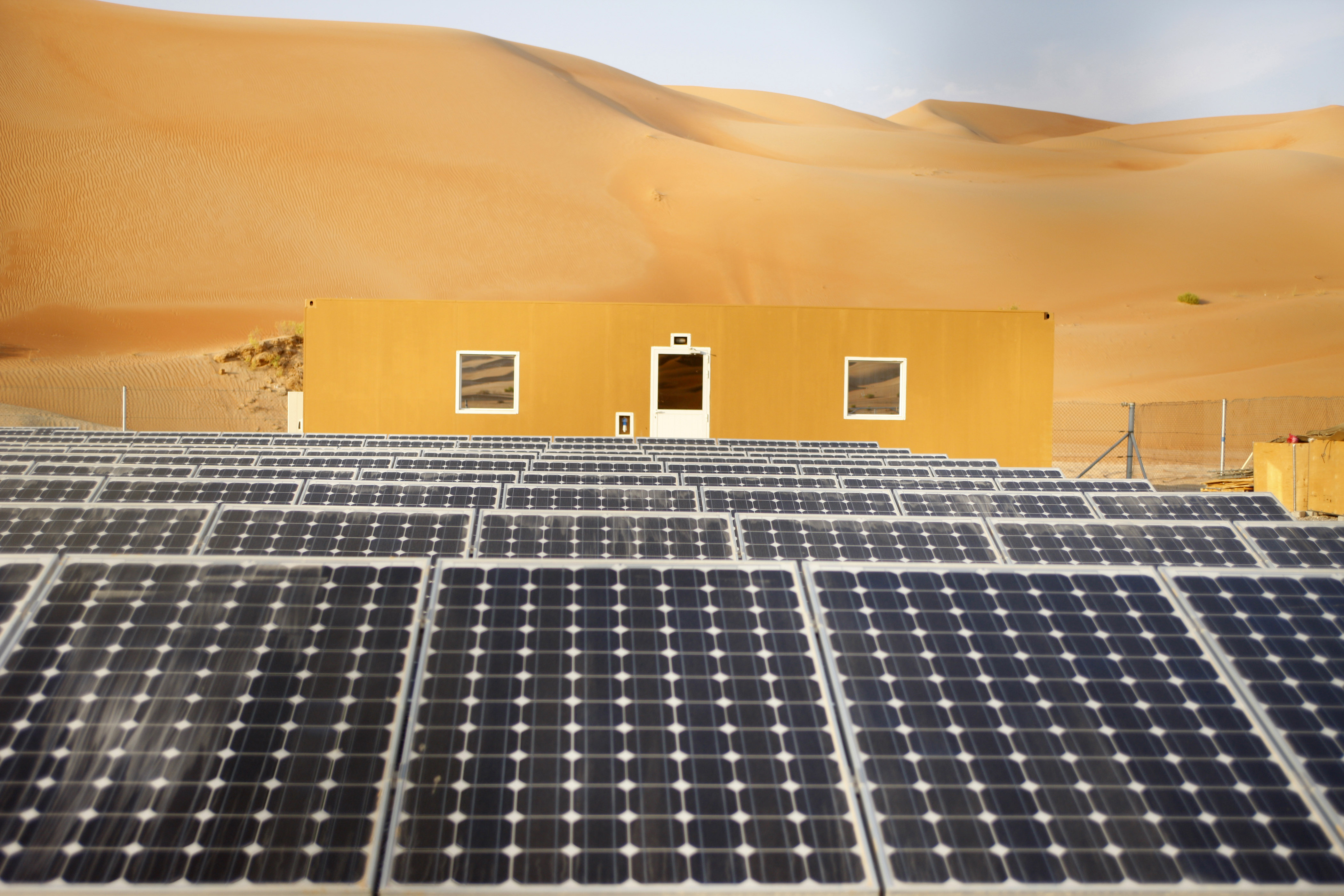Throughout the past century, the environment of Arab countries in the Gulf has changed drastically. The region has seen major urbanization, soil transformation, and the disappearance of mangroves, oases, and wetlands. Despite the fact that all of the Gulf Arab states have signed and ratified the Paris Climate Agreement, the region continues to have a mixed record on climate action as the challenges of climate change increasingly unfold.
What major environmental changes have occurred in the Gulf region? What are the projections for the future? Which countries are developing alternative energy sources to transition to green energy, and how are they progressing? What are the institutional challenges to combating climate change across the region? What are the prospects for promoting intra-regional cooperation to address climate challenges?
Speakers:
Said Al-Sarmi
Meteorological expert, Secretariat General of the Gulf Cooperation Council
Naiyerah Kolkailah
Ph.D. Candidate, Faculty of Oriental Studies, University of Oxford
Laurent A. Lambert
Assistant professor of Public Policy, Doha Institute for Graduate Studies
Amb. (ret.) Gerald Feierstein, moderator
Senior vice president, MEI
Resources:
AlSarmi, S.H.; Washington, R. Changes in climate extremes in the Arabian Peninsula: Analysis of daily data. Int. J. Clim. 2014, 34, 1329–1345. [Google Scholar]
Bozkurt, D.; Sen, O.L. Climate change impacts in the Euphrates–Tigris Basin based on different model and scenario simulations. J. Hydrol. 2013, 480, 149–161. [Google Scholar]
Hussein, H., Lambert, L.A. (2020). A Rentier State under Blockade: Qatar’s Water-Energy-Food Predicament from Energy Abundance and Food Insecurity to a Silent Water Crisis. Water, 12(4), 1051. Water | A Rentier State under Blockade
Lambert, L.A., D'Alessandro, C., (2019). Climate Change, Sea Level Rise, and Sustainable Urban Adaptation in Arab Coastal Cities. Online research article, Middle East Institute, Washington, D.C, February 12, 2019. Middle East Institute | Climate Change, Sea Level Rise, etc.
Lambert, L.A. (2014). Water, State Power, and Tribal Politics in the GCC: The Case of Kuwait and Abu Dhabi; Occasional Paper No. 15; Center for International and Regional Studies (CIRS), Georgetown University: Doha, Qatar, 2014; Available online: https://repository.library.georgetown.edu/bitstream/handle/10822/711827/CIRSOccasionalPaper15LaurentALambert2014.pdf
Pal, J.S.; Eltahir, E.A. Future temperature in southwest Asia projected to exceed a threshold for human adaptability. Nat. Clim. Chang. 2016, 6, 197. [Google Scholar]
World Bank. Beyond Scarcity: Water Security in the Middle East and North Africa; MENA Development Report; World Bank: Washington, DC, USA, 2018. [Google Scholar]
Godong/Universal Images Group via Getty Images












